AEOI spox: Iran's uranium enrichment officially reaches 60% purity level
The spokesman for the Atomic Energy Organization of Iran (AEOI) says the country's enrichment of uranium has officially reached the purity level of 60 percent in accordance with a December 2020 parliamentary law seeking to accelerate the development of the Iranian nuclear program.
Behrouz Kamalvandi made the remarks in a meeting with a number of Iranian lawmakers on Saturday, referring to the law – dubbed the Strategic Action Plan to Counter Sanctions, which is aimed at countering sanctions and promoting the country’s peaceful nuclear program.
He said the parliamentary law has "provided good conditions for the country and today our [uranium] enrichment has officially reached 60% in accordance with this law.”
The Iranian official added that the country is pursuing continuous and non-stop research and development plans while its efforts to update a new generation of centrifuge machines are "at its best."
Under the parliament's law, the Iranian administration is required to restrict the International Atomic Energy Agency's (IAEA) inspections and accelerate the development of the country’s nuclear program beyond the limits set under the 2015 nuclear agreement, formally known as the Joint Comprehensive Plan of Action (JCPOA), such as ending the voluntary implementation of the Additional Protocol to the nuclear Non-Proliferation Treaty (NPT).
In an interview with Qatari Al Jazeera television news network in December, the IAEA Director General Rafael Grossi said Iran’s nuclear program has made significant progress, and the country is currently enriching uranium to the purity level of 60%.
“We need to assess the situation with Iran. The country's nuclear program is very advanced and enrichment is being done at 60 percent purity,” Grossi added.
The Iran nuclear deal was signed in 2015 between Tehran and the United States, the United Kingdom, France, Germany, Russia and China during the presidency of Barack Obama.
However, Obama’s successor Donald Trump abandoned the JCPOA in May 2018 and slapped cruel sanctions on Iran. Incumbent President Joe Biden had vowed to resume talks to revive the deal and remove the harsh US sanctions. Two years into his presidency, Biden has failed to keep his promise and is now threatening to take military action.
Iran maintains that it is necessary for the other side to offer some guarantees that it will remain committed to any agreement that is reached.
Iran's nuclear chief: Uranium enrichment more than doubled
Meanwhile, Head of the AEOI Mohammad Eslami said on Saturday the parliamentary law has contributed to the development of Iran's nuclear industry, saying the capacity for the enrichment of uranium in Iran is currently twice as high as the total capacity since the beginning of the nuclear industry in the country.
He added that a comprehensive document has been devised for the development of industries and creation of domestic capacities in various industries of the country, noting that the AEOI is acting based on this document.
The Iranian nuclear chief emphasized that power generation by nuclear energy has provided considerable economic benefits for the country, reduced fossil fuel consumption and prevented environmental problems.
Eslami also noted that the development of nuclear energy can help other sectors, including medicine and agriculture.
Iran slams Israeli attacks on Lebanon, warn UNSC’s inaction to embolden regime
Iran says has ‘no choice’ but to fight back, holds no enmity toward American people
Bahraini police assaults crowds mourning loss of Ayatollah Khamenei
Iran posed no imminent threat to US: Pentagon tells Congress
Iran will hold no negotiations with US: Larijani
Despite Leader's martyrdom, Islamic Republic firmly in control and punishing the enemy
At least 31 killed in Israeli aggression on southern Lebanon after Hezbollah strikes
Iran writes to UN, warns about dire consequences for perpetrators following Leader's martyrdom


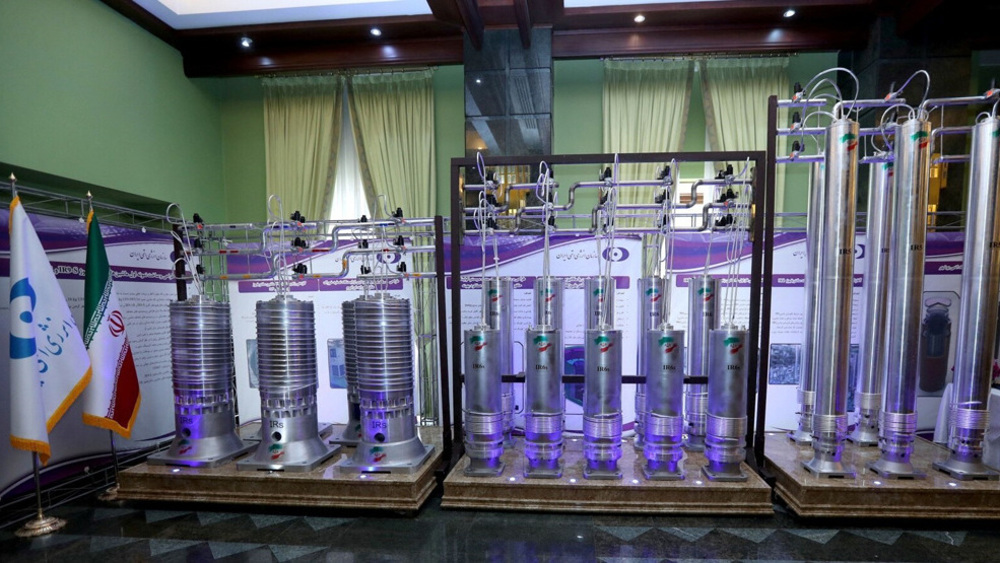
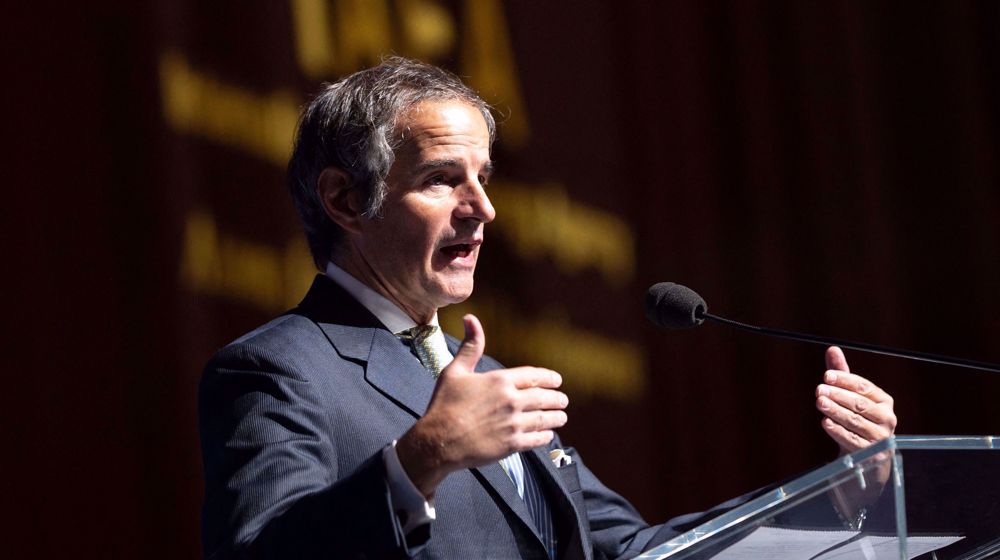
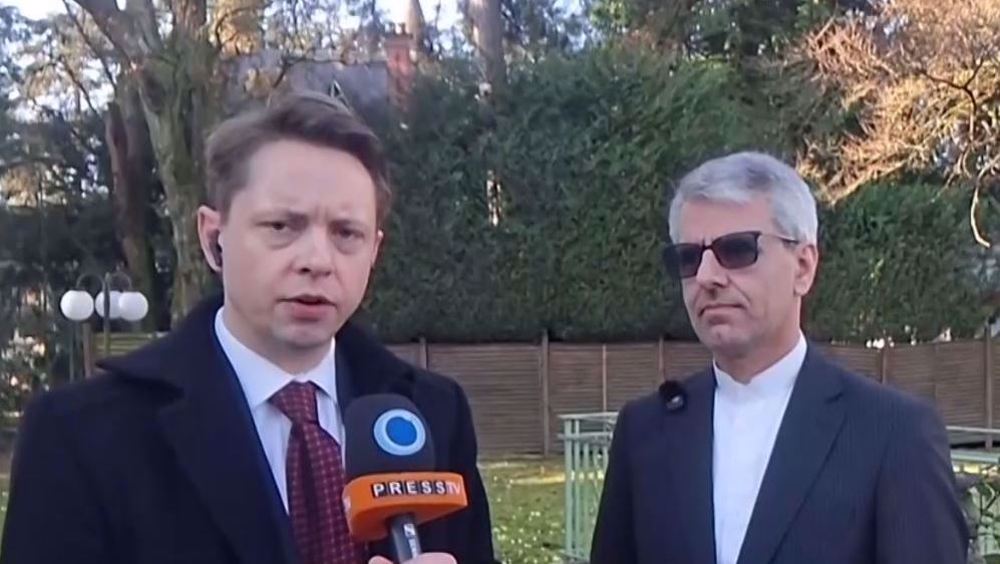
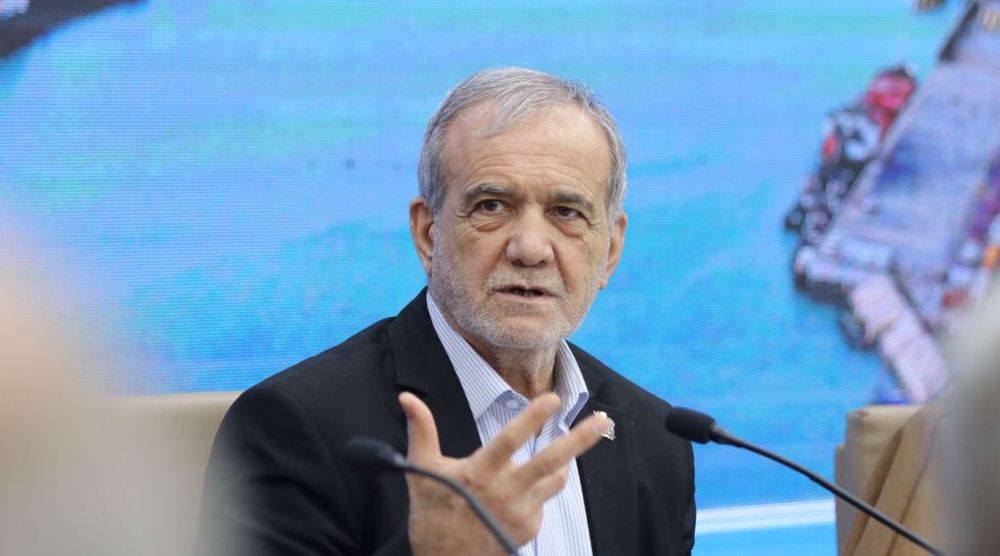
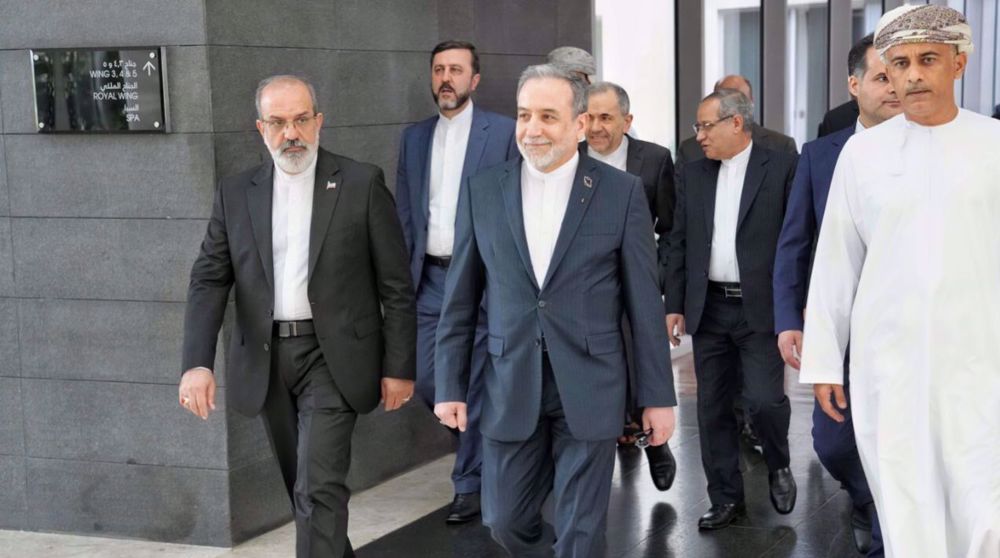




 This makes it easy to access the Press TV website
This makes it easy to access the Press TV website